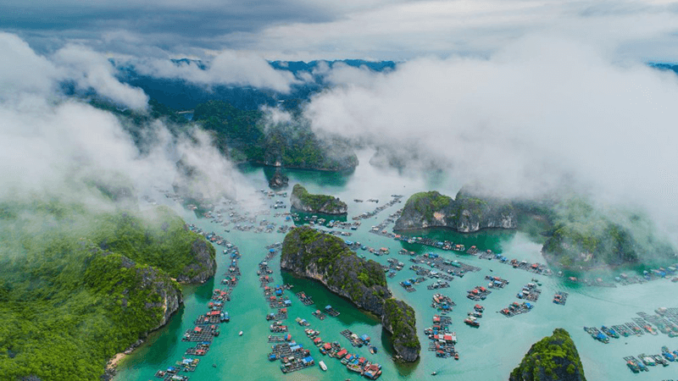
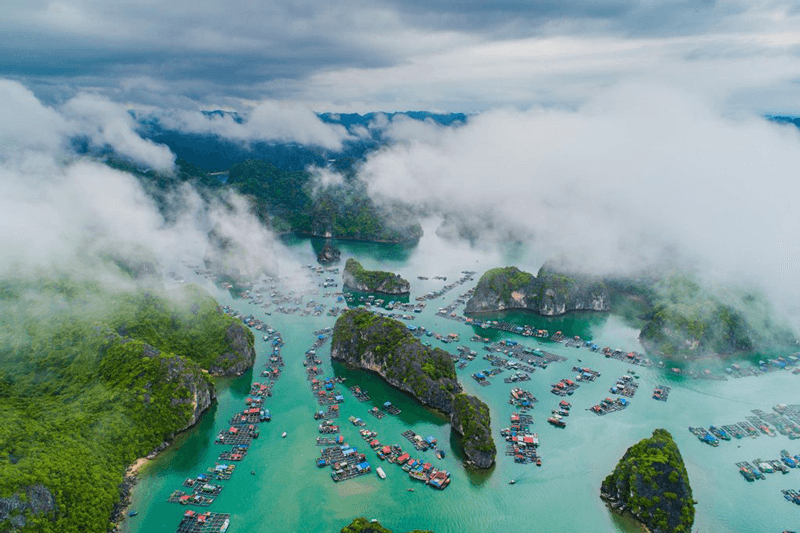
Traveling to Vietnam from French Polynesia requires obtaining a visa. This article aims to provide detailed information on the requirements, application process, fees, processing time, and other essential aspects of acquiring a Vietnam visa for French Polynesia citizens. Whether you are planning a short visit or an extended stay in Vietnam, understanding the visa procedures will ensure a smooth and hassle-free travel experience.
Vietnam Visa Requirements for French Polynesia Citizens
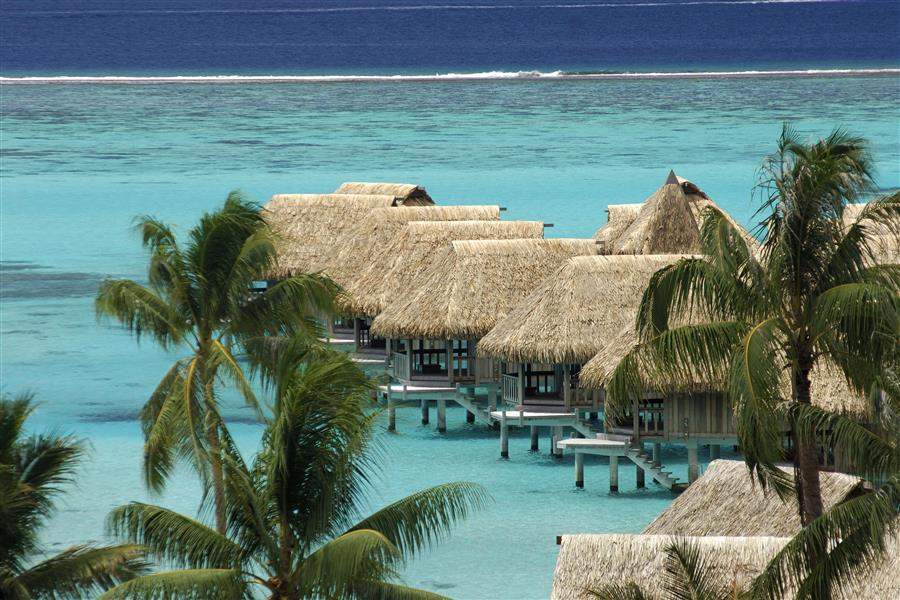
Before applying for a Vietnam visa, it is crucial to be aware of the specific requirements for French Polynesia citizens. The following are the key prerequisites:
- Passport Validity: Your passport must have a validity of at least six months beyond your intended departure date from Vietnam.
- Blank Visa Pages: Your passport should have at least two blank visa pages for the visa sticker and entry/exit stamps.
- Visa Approval Letter: For most types of Vietnam visas, including tourist and business visas, you need to obtain a visa approval letter issued by the Vietnamese Immigration Department. This letter is required for visa on arrival applications.
- Application Form: You must complete the Vietnam visa application form accurately and truthfully. This form can be obtained online or from the Vietnamese embassy or consulate.
- Photographs: Prepare two recent passport-sized photographs that meet the specified criteria, such as size, background color, and facial expression.
- Proof of Accommodation and Travel Itinerary: In some cases, you may be asked to provide details of your accommodation bookings and travel itinerary during your stay in Vietnam.
- Proof of Sufficient Funds: It may be necessary to demonstrate that you have enough financial resources to cover your expenses in Vietnam.
How to Apply for a Vietnam Visa from French Polynesia
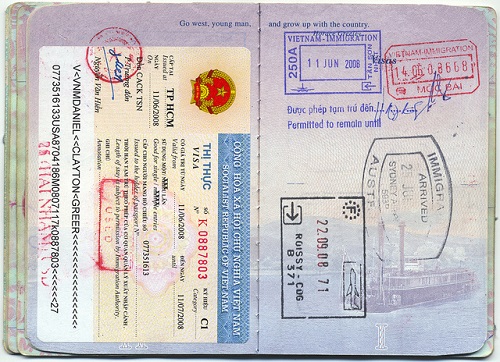
Applying for a Vietnam visa from French Polynesia can be done through two main methods: the embassy/consulate visa application and the visa on arrival (VOA) process. Here’s a detailed explanation of each option:
Embassy/Consulate Visa Application
To apply for a Vietnam visa via the embassy or consulate, follow these steps:
- Contact the Vietnamese Embassy/Consulate: Get in touch with the nearest Vietnamese embassy or consulate in French Polynesia to inquire about the specific requirements and procedures.
- Obtain the Application Form: Request the Vietnam visa application form from the embassy/consulate or download it from their official website. Fill out the form accurately and ensure all required documents are ready.
- Submit Your Application: Visit the embassy/consulate personally or send your application package by mail, along with the required documents, passport, visa fee, and any other supporting materials as requested.
- Pay the Visa Fee: Pay the visa fee at the embassy/consulate. The fee amount may vary depending on the type of visa you are applying for and the duration of your stay.
- Wait for Processing: The processing time typically takes several business days. During this period, the embassy/consulate will review your application and make a decision regarding your visa.
- Collect Your Visa: Once your visa is approved, collect it from the embassy/consulate or arrange to have it delivered to you if applicable.
Visa on Arrival (VOA)
The visa on arrival (VOA) option is available for French Polynesia citizens traveling to Vietnam by air. The process involves obtaining a visa approval letter online before departing for Vietnam. Here’s how to apply for a VOA:
- Online Application: Visit a reputable travel agency or an official website that provides VOA services. Complete the online application form by providing accurate personal information and travel details.
- Visa Approval Letter: Pay the processing fee online and wait for your visa approval letter via email within the designated timeframe, usually 1-2 business days.
- Print the Approval Letter: Print the visa approval letter, ensuring that all details are legible and accurate. Also, prepare two passport-sized photos according to the specified requirements.
- Arrival in Vietnam: Upon arrival at one of Vietnam’s international airports (Hanoi, Ho Chi Minh City, Da Nang, or Nha Trang), proceed to the VOA counter before going through immigration.
- Submit Documents: Submit the printed visa approval letter, passport, completed entry/exit form, two passport-sized photos, and the visa stamping fee (in cash, typically in USD).
- Receive Visa Sticker: After the documents are verified, your passport will be stamped with the Vietnam visa sticker. Collect your passport and proceed to the immigration checkpoint for entry into Vietnam.
Types of Vietnam Visas Available for French Polynesia Residents
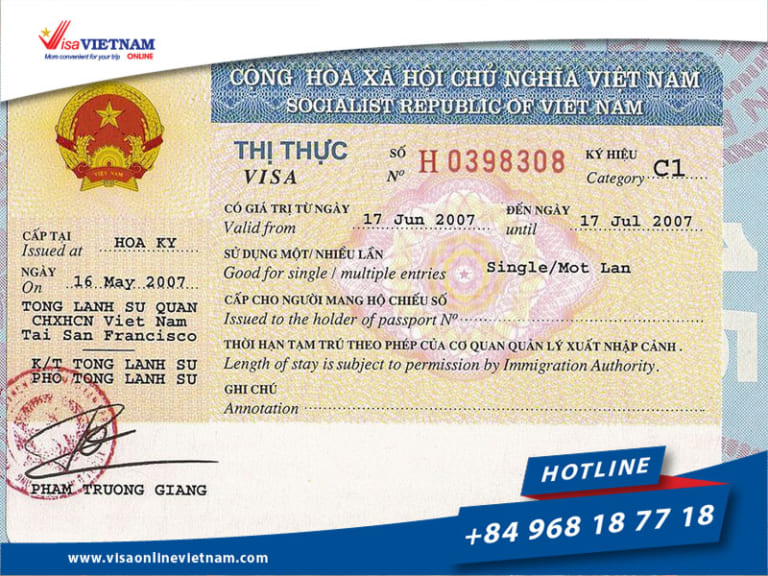
Vietnam offers various types of visas to cater to different purposes of travel. Here are the common visa typesfor French Polynesia residents:
- Tourist Visa (DL): This visa type is suitable for those planning a vacation or leisure trip to Vietnam. It allows a maximum stay of 30 days and can be extended if needed.
- Business Visa (DN): If you are traveling to Vietnam for business-related activities such as meetings, conferences, or market research, the business visa is appropriate. It permits a longer stay and can be valid for multiple entries.
- Work Permit (LD): For individuals seeking employment in Vietnam, a work permit is required. This visa allows you to work legally in the country and is typically arranged by the employer or sponsoring organization.
- Student Visa (DH/DN): Students enrolled in educational institutions in Vietnam need a student visa. This visa type is usually issued for the duration of the study program and requires proof of admission from the institution.
- Investment Visa (DT): Individuals planning to invest in Vietnam may apply for an investment visa. This visa allows for longer stays and provides flexibility for engaging in business activities.
- Diplomatic/Official Visa: Diplomats, government officials, and individuals on official visits should apply for a diplomatic or official visa through the relevant diplomatic channels.
It is essential to determine the most suitable visa type based on your purpose of travel and intended duration of stay in Vietnam.
Vietnam Visa Application Process for French Polynesia Nationals
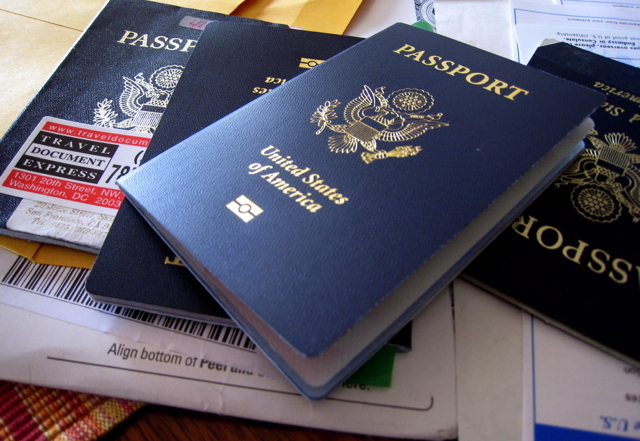
The application process for a Vietnam visa involves several steps, regardless of whether you choose the embassy/consulate application or the visa on arrival option. Here’s a detailed overview of the application process:
- Gather Required Documents: Collect all the necessary documents as per the specific visa requirements, including passport, completed application form, photographs, visa approval letter (if applicable), and supporting documents related to your purpose of travel.
- Complete the Application Form: Fill out the visa application form accurately, providing all the requested information. Double-check for any errors or missing details before submitting the form.
- Submit the Application: Depending on the chosen application method, submit your application package to the Vietnamese embassy/consulate or online for visa on arrival. Ensure that all documents are included and meet the specified guidelines.
- Pay the Visa Fee: Pay the visa processing fee at the embassy/consulate or online for visa on arrival. The fee amount varies based on the visa type, duration of stay, and application method.
- Wait for Processing: Allow sufficient time for the visa processing, which typically takes several business days. During this period, the immigration authorities review your application and make a decision.
- Collect Your Visa: Once your visa is approved, collect it from the embassy/consulate (if applicable) or receive it upon arrival in Vietnam for visa on arrival. Ensure that the visa sticker or stamp contains accurate information before proceeding with your travel plans.
Vietnam Visa Fees and Processing Time for French Polynesia Passport Holders
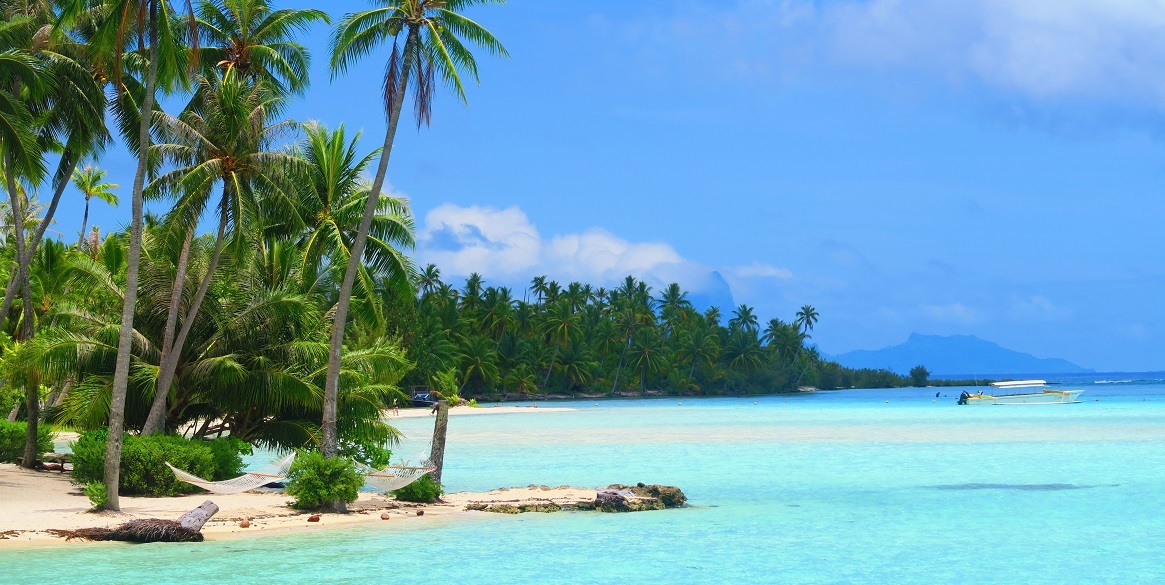
The visa fees and processing time for obtaining a Vietnam visa can vary depending on the visa type, duration of stay, and application method. Here’s an overview:
- Embassy/Consulate Visa: The visa fee for applying through the Vietnamese embassy or consulate is typically fixed and can range from around $50 to $200 or more, depending on the visa type and duration. The processing time usually takes several business days, but it may vary based on the embassy/consulate’s workload.
- Visa on Arrival: The visa on arrival option involves two types of fees: the visa approval letter fee paid online in advance and the visa stamping fee paid upon arrival at the airport. The visa approval letter fee can range from around $15 to $50 or more, depending on the processing time and the agency you choose. The visa stamping fee is typically $25 for a single-entry visa (30 days or less) or $50 for a multiple-entry visa or longer stay.
It is important to note that these fees are subject to change, and it’s recommended to check the latest information from reliable sources or consult with the Vietnamese embassy/consulate or a reputable travel agency.
Required Documents for Obtaining a Vietnam Visa from French Polynesia
When applying for a Vietnam visa, certain documents are necessary for the application process. Here is a list of commonly required documents:
- Passport: Your original passport with a validity of at least six months beyond your intended departure date from Vietnam.
- Visa Application Form: The completed visa application form, either obtained online or from the embassy/consulate, must be filled out accurately and signed.
- Photographs: Two recent passport-sized photographs that meet the specified requirements, such as size, background color, and facial expression.
- Visa Approval Letter: For visa on arrival applications, the visa approval letter issued by the Vietnamese ImmigrationDepartment is required. This letter should be printed and presented upon arrival in Vietnam.
- Proof of Travel Itinerary: In some cases, you may be asked to provide a copy of your travel itinerary, including flight bookings and accommodation reservations in Vietnam.
- Proof of Sufficient Funds: It may be necessary to provide evidence of sufficient financial resources to cover your expenses during your stay in Vietnam. This can include bank statements, credit card statements, or proof of employment and income.
- Supporting Documents: Depending on the type of visa you are applying for, additional supporting documents may be required. For example, if you are applying for a student visa, you will need to provide proof of enrollment in an educational institution in Vietnam.
It’s important to carefully review the specific requirements for your chosen visa type and ensure that all documents are prepared accurately and meet the specified guidelines.
Vietnam Visa on Arrival vs. Embassy Visa for French Polynesia Travelers
French Polynesia travelers have the option to choose between the visa on arrival (VOA) and the embassy/consulate visa application methods for obtaining a Vietnam visa. Here’s a comparison of these two options:
Visa on Arrival (VOA):
- Convenience: The VOA option allows you to apply for a visa online before traveling to Vietnam, eliminating the need to visit the embassy or consulate.
- Flexibility: The VOA is available for air travelers only, allowing you to obtain a visa upon arrival at one of Vietnam’s international airports.
- Processing Time: The processing time for the visa approval letter is usually quick, typically taking 1-2 business days.
- Cost: The VOA option may be more cost-effective in terms of visa fees, as you only pay the visa approval letter fee and the visa stamping fee upon arrival.
- Limited to Air Travel: It’s important to note that the VOA option is only applicable if you are arriving in Vietnam by air. If you are entering the country by land or sea, you must apply for a visa through the embassy or consulate.
Embassy/Consulate Visa Application:
- Wide Range of Entry Points: Applying for a visa through the embassy or consulate allows you to enter Vietnam through various points of entry, including airports, land borders, and seaports.
- Familiarity and Assistance: Applying directly at the embassy or consulate provides the opportunity to seek guidance from consular staff and clarify any concerns or questions regarding the application process.
- Consistency: The embassy/consulate visa application method follows a standardized process, ensuring consistency in visa issuance and requirements.
- Applicable for All Travel Modes: Unlike the VOA option, the embassy/consulate visa application method can be used regardless of whether you are entering Vietnam by air, land, or sea.
When making a decision between the VOA and the embassy/consulate visa application, consider factors such as your mode of travel, convenience, processing time, and cost implications.
Vietnam Visa Extension for French Polynesia Visitors
If you are already in Vietnam and need to extend your stay beyond the validity of your current visa, it is possible to apply for a visa extension. Here’s what you need to know about extending your Vietnam visa:
- Eligibility: You are eligible to apply for a visa extension if your current visa type allows extensions. Not all visa types can be extended, so it’s important to check the specific regulations associated with your visa.
- Application Process: To extend your visa, you must submit an application to the Immigration Department of Vietnam. It is recommended to start the extension process well before your current visa expires.
- Required Documents: Prepare the necessary documents for the visa extension, which may include your passport, completed application form, photographs, visa extension fee, and any other supporting documents as requested.
- Processing Time: The processing time for a visa extension can vary. It is advisable to submit your application well in advance to allow sufficient time for processing and avoid overstaying your visa.
- Additional Fees: In addition to the visa extension fee, there may be additional charges associated with the extension process. These fees are determined by the Immigration Department and are subject to change.
It’s important to comply with the immigration regulations and ensure that you extend your visa before its expiration to avoid any potential penalties or legal issues.
Visa-Free Entry Options for French Polynesia Citizens in Vietnam
French Polynesia citizens can enjoy visa-free entry into Vietnam under certain circumstances. Here are the scenarios in which visa-free entry may apply:
- Visa Exemption Program: As of the knowledge cutoff date of September 2021, French Polynesia citizens are not eligible for visa exemption when traveling to Vietnam. Therefore, a visa is required for all French Polynesia passport holders visiting Vietnam.
- Transit Passengers: If you have a connecting flight through Vietnam and donot plan to leave the airport transit area, you may be eligible for a transit visa exemption. This allows you to stay in the international transit area for up to 24 hours without a visa.
It’s important to note that visa policies can change, and it’s recommended to check the latest information from reliable sources or consult with the Vietnamese embassy/consulate before your travel to Vietnam.
Please keep in mind that this information is based on the knowledge cutoff of September 2021, and visa requirements and policies may have changed since then. It is always advisable to verify the current visa regulations and guidelines from official sources or consult with the Vietnamese embassy/consulate for the most up-to-date and accurate information regarding Vietnam visa requirements for French Polynesia citizens.

Leave a Reply